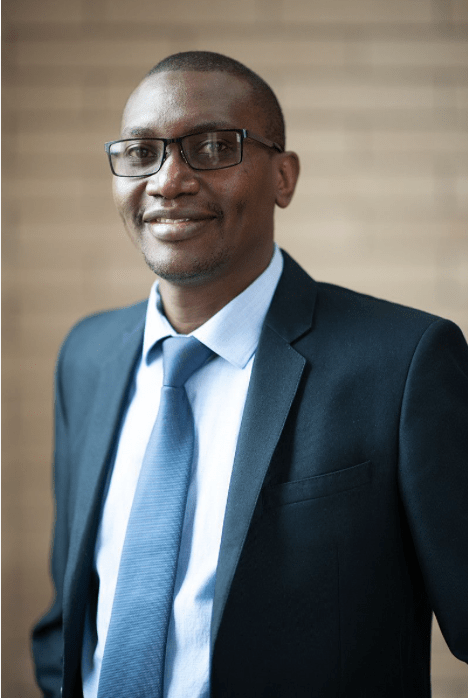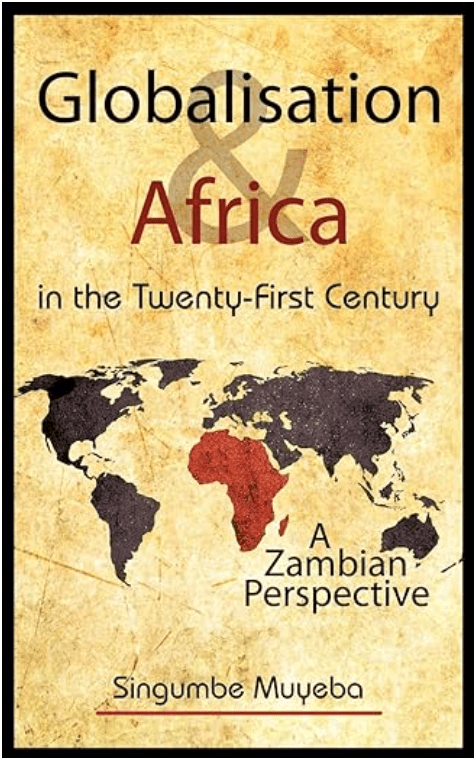April 10th, 2024
U.S. Foreign Policy Challenges in Africa
DCFR Global Speaker Series
Speaker: Professors Singumbe Muyeba and Abigail Kabandula
Date: Wednesday, April 10th, 2024
Time: 5:00 pm – 8:30 pm
Location: Denver (Please register for specific location details)


Event Description
An unprecedented 2.5 billion people are projected to live in the 54 African countries by 2050. The continent has the resources needed for the world’s clean energy transition. Africa faces transnational security threats, from terrorism and private militias to resource-based crime, like illegal mining and logging, as well as human and drug trafficking. Yet, U.S. foreign policy across administrations has placed a low priority on Africa.
Did the U.S. Africa Leaders Summit, held in December 2022, signal a shift in priorities?
Come hear two noted scholars, Singumbe Muyeba, Ph.D., Assistant Professor of African Studies, and Abigail Kabandula, Ph.D., Director of the Africa Center, discuss their paper on US foreign policy in Africa from 1945 to 2022. The paper describes the evolution of US foreign policy in Africa from support for decolonization to containment, to democratic enlargement and withdrawal, and to disengagement and disparagement, but also shows the consistent underlying trend of increasing militarization, countering rising powers and genuine socio-economic support to the continent. It argues that US foreign policy consistently puts a low priority on Africa, is reactive, and has been marred by disjointedness between administrations since 1990. Low prioritization across administrations at the highest level has come with challenges in addressing great power competition with rising powers, accelerated decline of US influence in Africa, and challenges in cooperation for addressing climate change and other transnational security threats. Low prioritization points to the peripherality of Africa in US national interests and overall US grand strategy. However, low prioritization and disjointedness is unsustainable because the continent will likely cause geopolitical shifts with competition for its resources that are needed for a clean energy transition.
Agenda
5:00 pm ~ Cocktails and networking
6:00 pm ~ Start dinner seating
6:05 pm ~ Brief welcome by DCFR President Rob Lantz / Dinner service starts
7:00 pm ~ Korbel Dean Fritz Mayer introduces speaker
7:45 pm ~ Audience questions
8:00 pm ~ Ending Announcements by DCFR President Rob Lantz


